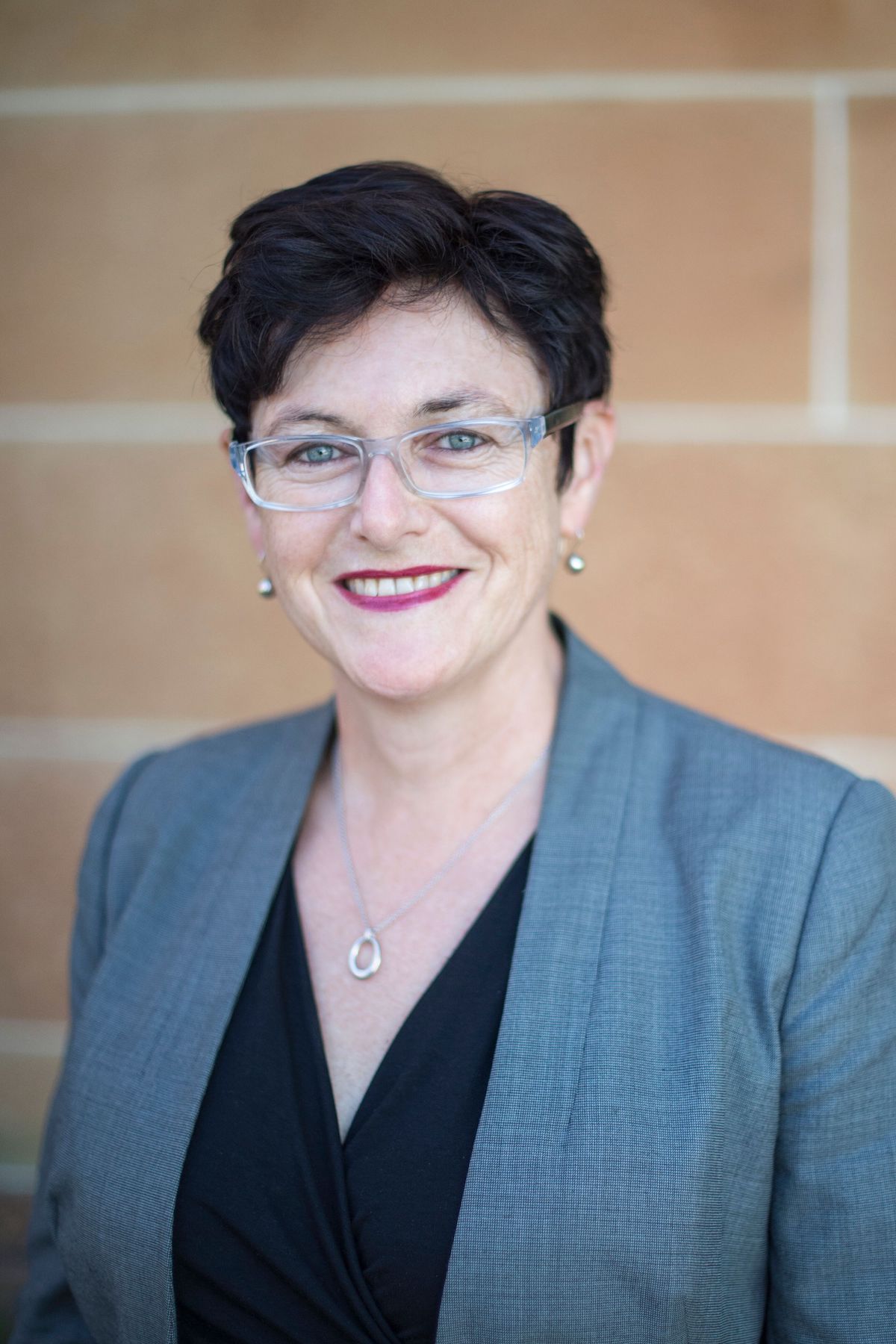Australia’s health system is one of the best in the world, and it’s a major reason why Australians enjoy one of the longest life expectancies in the world.
For more than 45 years, the Australian Council on Healthcare Standards (ACHS) has worked with governments, colleges, consumer groups and other bodies to set national benchmarks for safety and quality. Today, its standards are recognised and implemented worldwide.
With a team of more than 400 skilled assessors across Australia, Asia and the Middle East, ACHS accredits over 1,600 healthcare organisations, and its subsidiary, ACHS International, operates in 17 countries around the world.
Looking to bring the prestigious organisation into the new age, Dr Karen Luxford took over as group CEO of ACHS and ACHS International in July 2019, backed by nearly 25 years’ experience in executive leadership in health, strategic planning and stakeholder and government relations.
She is also the Board Chair of Endometriosis Australia and a Board Advisory Committee Member for the Australian Digital Health Agency.
The CEO Magazine sat down with Karen to discuss her passion for driving outcomes and improving health care throughout Australia and globally.

What are your areas of focus over the next 12-18 months?
It’s time to reinvent ACHS. As one of the largest and most well-known health accrediting agencies in Australia and we now need to re-create ourselves to ensure that we remain a leader and an innovator.
The main focus of the business is on accrediting healthcare services, creating a culture of safety and quality and supporting people in their journey of improvement. With a focus to date on process, we also want people to focus on outcomes, which relies increasingly on the use of data.
Tell us about the Australian healthcare landscape today.
Australia has one of the best reputations for healthcare services in the world. We’re up there in the top five, but there are increasing challenges that all healthcare organisations are facing.
From the ageing population to increases in chronic disease, organisations are finding they need to move to new models of care delivery and rely on new technologies, which is an opportunity as well as a challenge.
We’re also seeing a trend towards consumer-driven care. There’s a clear increase in the need to tailor and develop services that best support patients and families, which parallels what’s happening in other industries, such as banking.
In the healthcare space, this is increasingly around ownership of information. With the introduction of electronic health records, we’re seeing the consumer playing a much bigger role in driving their own health care.
Tell us about your role as CEO of ACHS International.
We have a large extended network throughout Asia and the Middle East, so we draw on assessors at a local level and work very closely with the governments in each region.
Australia is one of the top-performing countries when it comes to health care, so there’s certainly things we can share from our Australian experience. But there’s also the opportunity to learn from other countries that have taken different approaches to safety and quality. We are excited about international trends emerging in quality improvement in healthcare.
What is the best career advice you’ve ever received?
The advice that I think about on a daily basis is that you need to walk in the shoes of others and think about their perspective. It’s an important lesson and it’s certainly something that I’ve taken to heart.
I work with clinicians, policymakers, patients and academics and I believe it’s so important to consider where that stakeholder is coming from and truly understand their viewpoint. This level of understanding has been key to negotiating successful strategies in the complex world of health care.
What role has mentorship played in your career development?
I’ve had a number of great mentors through the years, ranging from senior surgeons and Presidents of Royal Colleges to wonderful female board members from ASX-listed private sector companies. Advice from these mentors has always provided me with good guidance and wise counsel.
Personally, I’ve been involved in mentoring throughout my career because I believe it’s so important to help younger people to progress.
What does work–life balance mean to you?
As a role model to my staff, I think it’s important for me to lead by example. I want people to love their work and enjoy what they do, but also have time to spend with their families.
I want them to feel as though their work is a family environment. It’s important for me to lead by making sure I strike that balance.
I love work and I have a great work ethic, but to be a well-rounded person I know I need my downtime. I love cooking, movies, walking and travelling. I need to make sure that I look after myself and that the people in my team are looking after themselves too.
What advice do you have for young women hoping to make it into leadership positions?
Never doubt yourself, have a go and always say yes to opportunities. Put yourself forward and put others forward as well. I’ve met a number of women over the years who have been presented with opportunities but didn’t take them because they didn’t believe in themselves. You may feel like you’re not ready, but you’ll never know if you never try.
Read next: This new shopping platform helps women boost their superannuation







